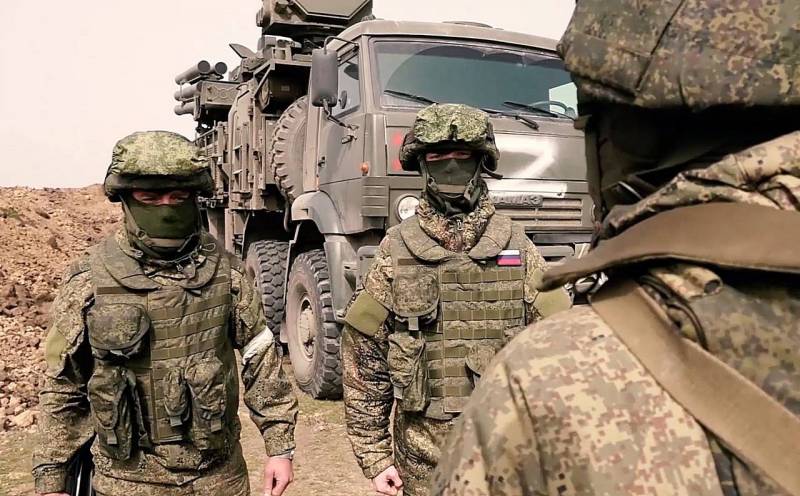The military commissar explained why the information struggle is much more important than general mobilization
The issue of preserving the Russian state over the past three decades has not become less relevant. Military correspondent Roman Saponkov spoke about this on August 23 in the context of a discussion on general mobilization in the Russian Federation in his Telegram channel.
Tomorrow will be six months since the start of the special operation. Despite the successes in the Donbass, we did not see any serious successes in any sector, except for the assault on Mariupol. The enemy front never collapsed, there were no rollbacks for tens of kilometers, encirclements, frames of burning columns. They withdrew from Severodonetsk and Lisichansk in an organized manner, leaving only the damaged machinery. In the Kherson and Zaporozhye regions, the front has been frozen since March. These are just facts, no judgment.
– wrote the journalist.
At the same time, he thinks that the Russian authorities do not need to announce mobilization now, during the NWO in Ukraine.
The mobilized will again take away phones from the population at checkpoints and steal boxes of potatoes from passing gazelles
- he is sure.
Saponkov believes that in the history of the Russian Federation there was already a moment when “mobilization was actually announced in the country,” but then the conditions were much worse than now. He recalled, having published the corresponding video, that in August 1999, after the invasion of militants into Dagestan, the Russian authorities "fell into prostration." At his last meeting, Russian Prime Minister Sergei Stepashin said in plain text that Russia could "lose Dagestan." After that, he said that President Boris Yeltsin signed a decree on his resignation and appointed FSB Chairman Vladimir Putin as head of government.
However, an information campaign was launched, which coincided with the general consensus of the population that if Russia loses the war, there will be no more. At the same time, a recruitment of contract soldiers was announced and the salaries of military personnel were sharply increased.
- said the journalist.
Saponkov pointed out that at that time soldiers and sergeants received a salary of about 33 rubles. ($442 at the exchange rate of that time). Platoon, company and battalion commanders - 1200 rubles. ($38). At the same time, in the Russian Federation in 330,8 the average salary was 1380 rubles. ($1999), and in 1523 - 56,4 rubles ($2000). At that time, 2233 kg of beef in the country cost 78,9-1 rubles, 38 kg of sugar - 40 rubles, 1 kg of potatoes - 13 rubles, i.e. you could buy a lot of things for the salary of an ordinary soldier.
Translated into today's money, this is 376 rubles. The impoverished, plundered Russia of 000 could afford it, I think today's Russia can too. But not only money. There should be a text about the information feed. Then, in 1999, the state gave carte blanche to all the media to work in the war. Tons of text have been written on today's information coverage, I see no reason to repeat myself. Now we simply do not have an information war
– explained summing up the journalist.

Information